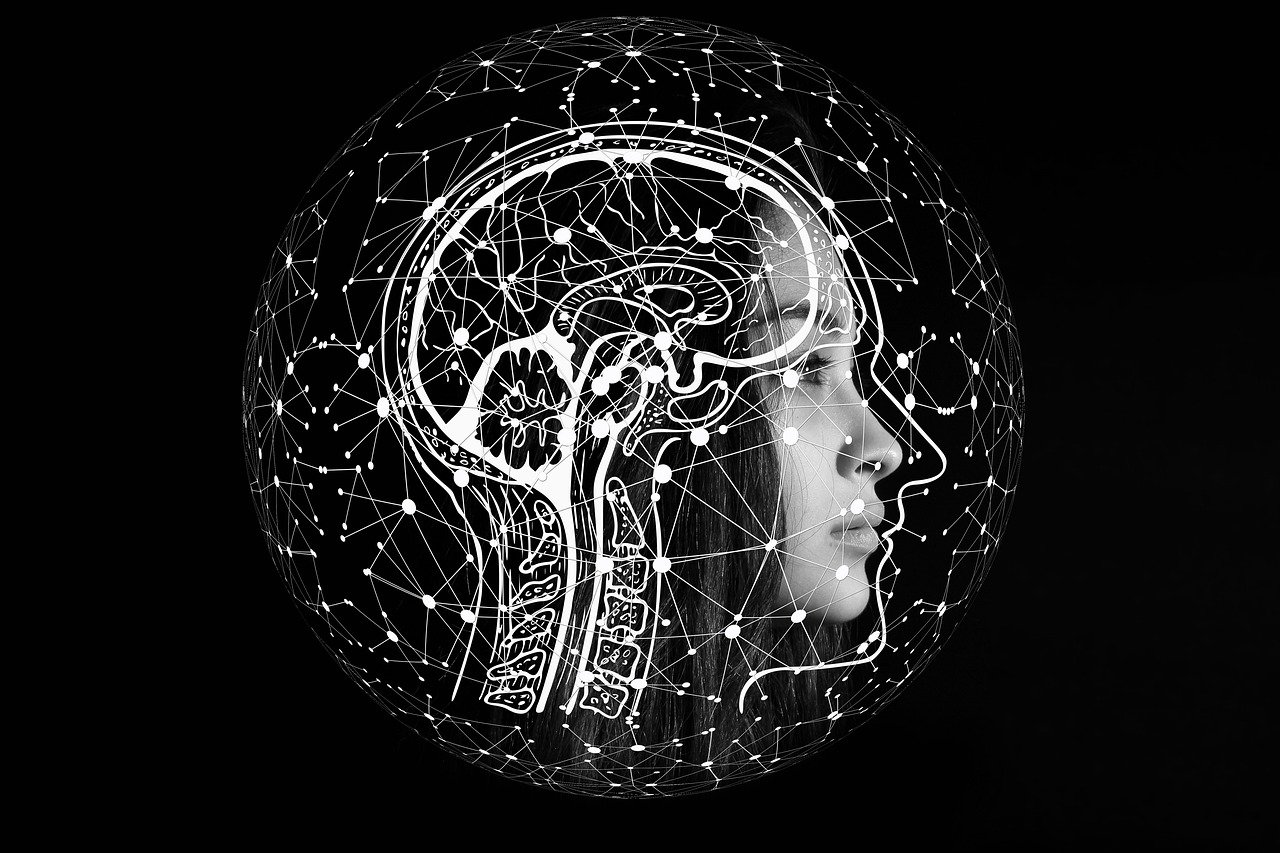Introduction:
Nootropics, also known as "smart drugs" or "cognitive enhancers," have gained popularity in recent years for their potential to enhance cognitive function, memory, focus, and overall mental performance. But what exactly are nootropics, and do they live up to their claims? In this article, we will delve into the world of nootropics, explore some examples, and examine the potential benefits they offer.
Understanding Nootropics:
Nootropics are substances that aim to enhance cognitive function, including memory, creativity, motivation, and focus. They can be either natural compounds or synthetic substances, and they are often taken in supplement form. Nootropics work by modulating neurotransmitters, improving blood flow to the brain, and providing neuroprotective effects.
Examples of Nootropics:
1. Caffeine:
Widely consumed for its stimulating effects, caffeine is considered a mild nootropic. It improves alertness, focus, and concentration. However, its effects are temporary, and regular consumption may lead to tolerance and dependency.
2. L-Theanine:
Found in green tea, L-Theanine promotes relaxation and reduces anxiety without inducing drowsiness. When combined with caffeine, it may enhance focus and attention.
3. Bacopa Monnieri:
Known for its memory-enhancing properties, Bacopa Monnieri is an herb that may improve cognitive function, learning, and memory retention.
4. Modafinil:
A prescription medication used to treat narcolepsy and sleep disorders, Modafinil is known for promoting wakefulness and enhancing cognitive function.
5. Omega-3 Fatty Acids:
Found in fatty fish like salmon, omega-3 fatty acids support brain health, improve cognition, and may have neuroprotective effects.
The Potential Benefits:
While individual experiences with nootropics may vary, some potential benefits include:
- Enhanced memory and learning capabilities
- Increased focus and attention span
- Improved mood and motivation
- Enhanced creativity and problem-solving abilities
- Reduced mental fatigue and improved cognitive performance during stressful situations
It is important to note that the research on nootropics is still evolving, and more studies are needed to fully understand their mechanisms and long-term effects. Furthermore, it is essential to approach nootropics with caution, as their efficacy and safety can vary, and proper dosage and supervision are crucial.
Conclusion:
Nootropics have garnered interest for their potential to enhance cognitive function and overall mental performance. While examples like caffeine, L-Theanine, Bacopa Monnieri, Modafinil, and omega-3 fatty acids have shown promising effects, it is important to approach nootropics with care, ensuring proper research, dosage, and consultation with healthcare professionals. As with any supplement or cognitive-enhancing strategy, individual responses may vary, and it is essential to prioritize overall well-being and make informed decisions.
References:
1. WebMD. (2021). Nootropics: Do 'Smart Drugs' Really Work? Retrieved from https://www.webmd.com/vitamins-and-supplements/features/nootropics-smart-drugs-overview
2. Examine.com. (2021). Nootropics: What You Need to Know. Retrieved from https://examine.com/topics/nootropics/
3. Healthline. (2021). Nootropics: Do They Work, and Are They Safe? Retrieved from https://www.healthline.com/nutrition/nootropics
4. National Center for Complementary and Integrative Health. (2020). Bacopa. Retrieved from https://www.nccih.nih.gov/health/bacopa










